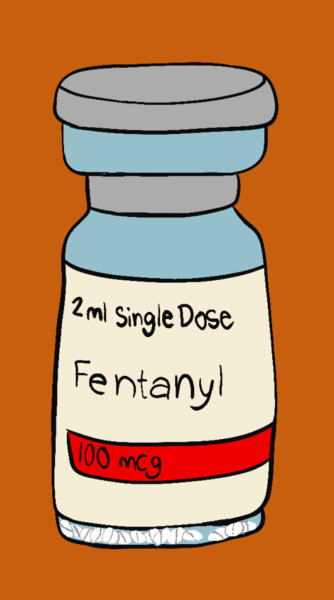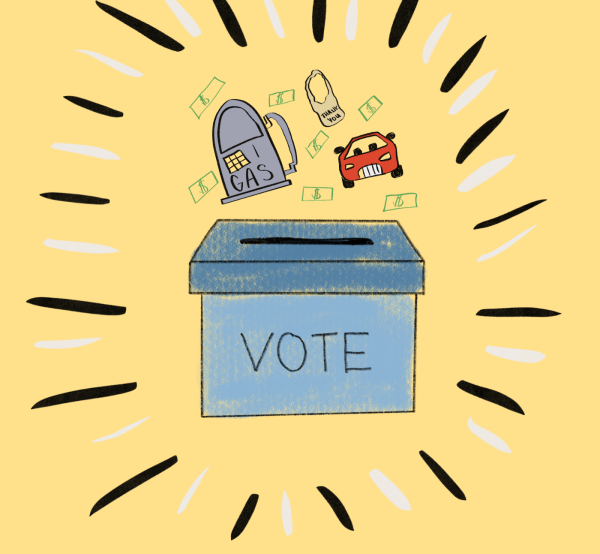Trump’s impeachment by House followed by acquittal in Senate
February 6, 2020
The House of Representatives officially voted on Dec. 19 of this past year to make President Trump the third president to be impeached in U.S. history.
He was charged on two accounts: abuse of power for political gain and obstruction of Congress. However, the topic was far from dismissed. While the House had officially impeached Trump, it was then up to the Senate to determine whether or not he should be removed from office.
As per the guidelines of the Constitution, senators had to sit in as jurors, with the members of the House as prosecutors and the Supreme Court Chief Justice John Roberts presiding over the trial. By the end, the Constitution dictates that at least two-thirds of the Senate must come to a final verdict. However, one thing that the Constitution does not mention is how exactly to carry out the proceedings, which ended up becoming a topic of heated debate leading up to Trump’s trial.
While rules put forth by the Senate in the 1980s do outline additional trial guidelines, Democrats negotiated for weeks with Majority Leader Mitch McConnell and other Republican senators on other important details, such as whether to call new witnesses, what kind of evidence to use, and how long to make the proceedings. Finally, on Jan. 22, the trial officially commenced with 24 hours allotted to both the House impeachment managers and Trump’s team of defense lawyers for their opening arguments, followed by the reading of questions submitted by senators before coming to a final decision.
The proceedings included the decision not to allow new witnesses to testify, and ended after almost three weeks with the acquittal of President Trump on February . After closely following the events as they unfolded, TuHS staff and students had their own things to say.
“I think one of the most surprising moments of the trial was when John Bolton, Trump’s former national security advisor, published a manuscript of a book he was writing, and he made the accusation that he was in the room when President Trump ordered the withholding of aid from Ukraine,” said TuHS economics teacher Chris Duke when thinking back to the events of the last few weeks.
Besides the direct implications of the trial, many students also believe that sitting in the trial could affect the long-term popularity of senators running for Democratic nominee, like Bernie Sanders, Elizabeth Warren and Amy Klobuchar.
“I think it will be helpful to them, since their voter base is primarily Democrats who are supportive of impeachment, so for them to have worked directly to remove Trump from office will be advantageous for them on the campaign trail,” senior Ella Dearborn said.
Senior Abby Blank spoke for many students when reflecting on the variety of sources that she turned to most often to follow the latest developments of the trial.
“A lot of the stuff I read is from news sources like Vox, CNN and many others. I also get information from social media outlets, even though they aren’t always the most trustworthy, only because I’m on social media frequently.”
Regardless of where they got their impeachment news, there was one thing that the majority of TuHS staff and students agreed on: President’s Trump’s impeachment will continue to shape the trajectory of the American political landscape long after his presidency is over.








